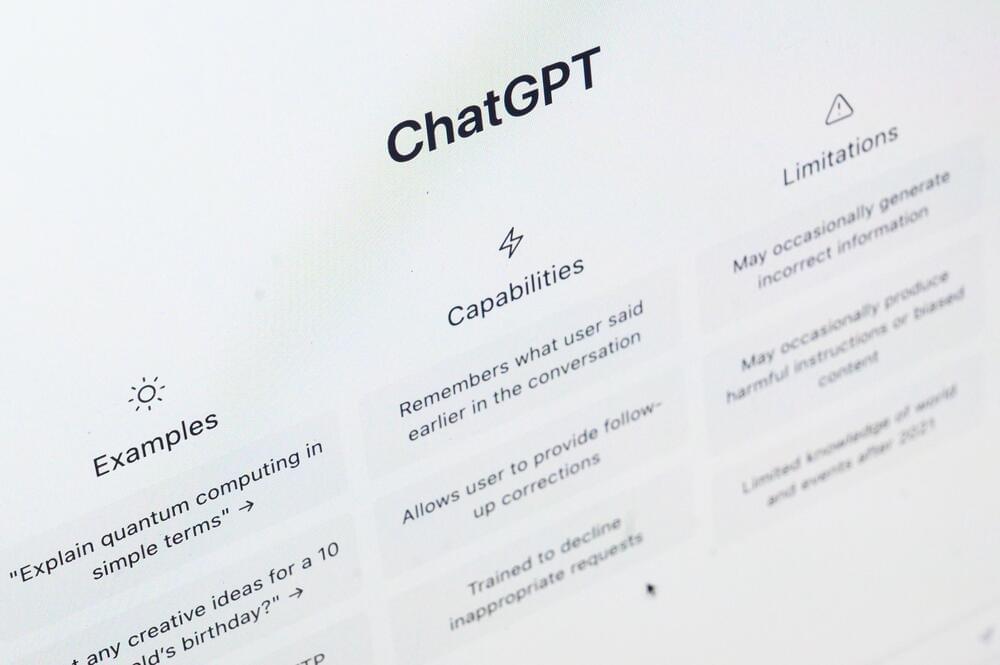Derek Thompson published an essay in the Atlantic last week that pondered an intriguing question: “When we’re looking at generative AI, what are we actually looking at?” The essay was framed like this: “Narrowly speaking, GPT-4 is a large language model that produces human-inspired content by using transformer technology to predict text. Narrowly speaking, it is an overconfident, and often hallucinatory, auto-complete robot. This is an okay way of describing the technology, if you’re content with a dictionary definition.
He closes his essay with one last analogy, one that really makes you think about the-as-of-yet unforeseen consequences of generative AI technologies — good or bad: Scientists don’t know exactly how or when humans first wrangled fire as a technology, roughly 1 million years ago. But we have a good idea of how fire invented modern humanity … fire softened meat and vegetables, allowing humans to accelerate their calorie consumption. Meanwhile, by scaring off predators, controlled fire allowed humans to sleep on the ground for longer periods of time. The combination of more calories and more REM over the millennia allowed us to grow big, unusually energy-greedy brains with sharpened capacities for memory and prediction. Narrowly, fire made stuff hotter. But it also quite literally expanded our minds … Our ancestors knew that open flame was a feral power, which deserved reverence and even fear. The same technology that made civilization possible also flattened cities.
Thompson concisely passes judgment about what he thinks generative AI will do to us in his final sentence: I think this technology will expand our minds. And I think it will burn us.
Thompson’s essay inadvertently but quite poetically illustrates why it’s so difficult to predict events and consequences too far into the future. Scientists and philosophers have studied the process of how knowledge is expanded from a current state to novel directions of thought and knowledge.
